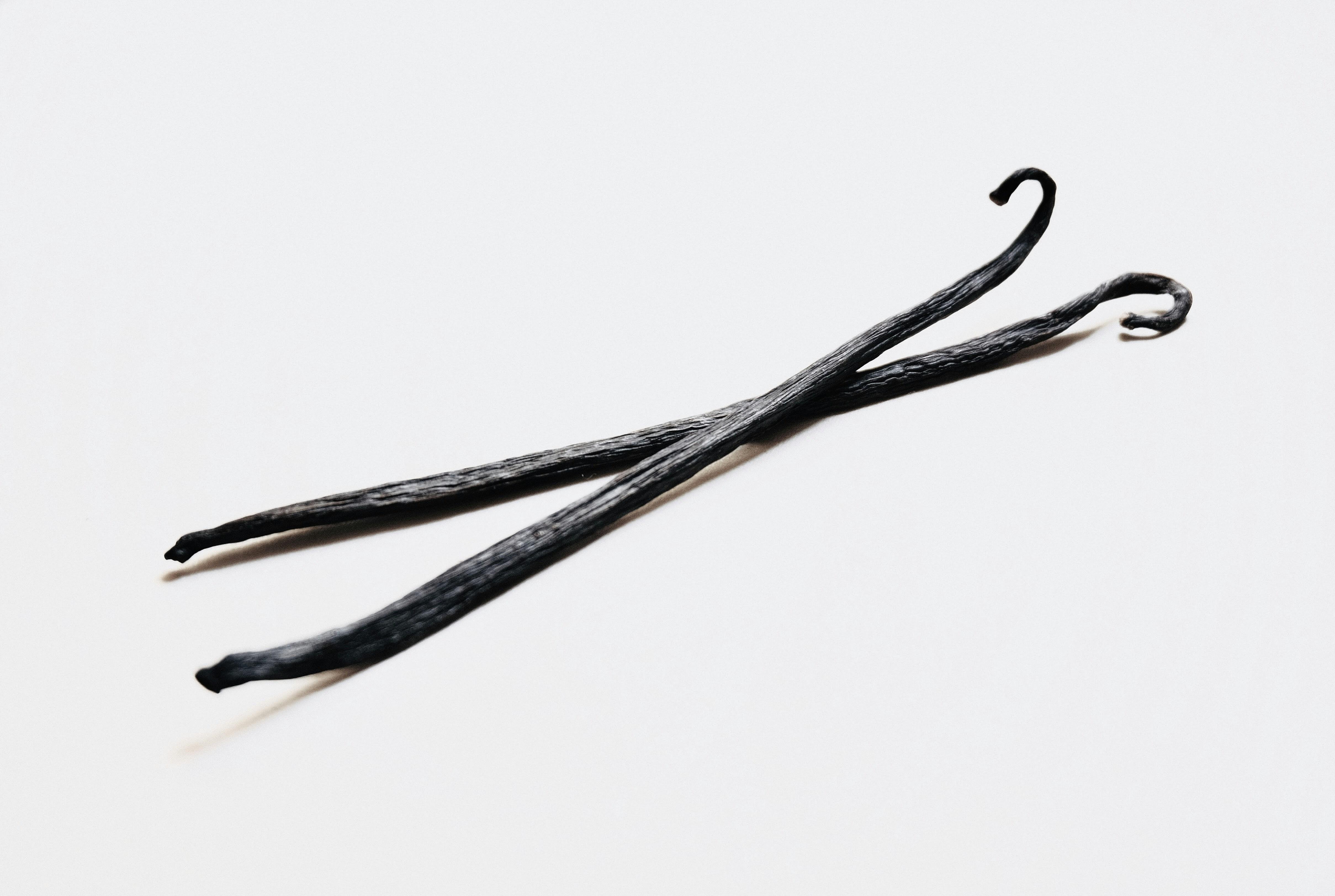After a grueling workout, when your muscles feel like they’ve taken a beating, the recovery process begins—a vital phase often overshadowed by the intensity of the exercise itself. While rest and hydration are well-known allies in the journey to rejuvenation, the role of nutrition in muscle recovery is a story waiting to be told. Imagine a world where the food on your plate not only fuels your body but also acts as a balm for your weary muscles. In this exploration, we delve into the realm of foods that go beyond mere sustenance, offering relief and revitalization. From vibrant fruits to potent proteins, discover the culinary companions that can help reduce muscle soreness and accelerate your path to recovery.
Unlocking the Power of Anti-Inflammatory Ingredients
Incorporating anti-inflammatory ingredients into your diet can be a game-changer for anyone looking to reduce muscle soreness and enhance recovery. These natural powerhouses not only help soothe aching muscles but also support overall wellness by fighting inflammation at its root. Here are some standout ingredients to consider:
- Turmeric: Renowned for its active compound curcumin, turmeric is a vibrant spice that offers potent anti-inflammatory effects. Adding it to smoothies, teas, or meals can significantly aid in muscle recovery.
- Ginger: This zesty root contains gingerols, which have been shown to reduce inflammation and pain. Enjoy it fresh, in teas, or as a spice in your favorite dishes.
- Cherries: Packed with antioxidants like anthocyanins, cherries are excellent for reducing muscle pain and speeding up recovery time post-exercise.
- Fatty Fish: Rich in omega-3 fatty acids, fish such as salmon and mackerel can help lower inflammation and promote faster healing of sore muscles.
- Leafy Greens: Spinach, kale, and other leafy greens are high in antioxidants and polyphenols, which play a crucial role in combating inflammation.
Incorporating these foods into your daily routine can be a delicious way to support your body’s natural recovery processes and keep you moving smoothly.

Harnessing Protein-Rich Foods for Muscle Repair
Muscle recovery is a crucial aspect of any fitness regimen, and integrating protein-rich foods into your diet can be an effective way to enhance this process. These foods not only supply essential amino acids necessary for muscle repair but also help reduce soreness and accelerate recovery. Incorporating lean meats such as chicken and turkey can provide a substantial dose of protein without the added fats. For those seeking plant-based options, lentils and chickpeas are excellent sources of protein and are versatile enough to be included in a variety of dishes.
Beyond the obvious choices, certain foods might surprise you with their recovery-boosting properties. Quinoa, often hailed as a superfood, offers a complete protein profile and can be a delightful addition to your post-workout meals. Greek yogurt is another powerhouse, packed with protein and probiotics, aiding not only in muscle repair but also in digestive health. Don’t overlook nuts and seeds like almonds and chia seeds, which provide healthy fats and proteins, contributing to overall muscle recovery. Embracing these foods can make a significant difference in how your body bounces back after intense physical activities.
 Antioxidants in Accelerating Recovery”>
Antioxidants in Accelerating Recovery”>
The Role of Antioxidants in Accelerating Recovery
Antioxidants play a crucial role in the body’s recovery process by neutralizing free radicals, which are often produced during intense physical activity. These free radicals can cause oxidative stress, leading to muscle fatigue and soreness. By incorporating antioxidant-rich foods into your diet, you can help mitigate these effects, thereby promoting faster recovery and reducing muscle soreness.
Key antioxidant-rich foods to consider include:
- Berries: Blueberries, strawberries, and raspberries are packed with vitamins C and E, known for their potent antioxidant properties.
- Dark Chocolate: Rich in flavonoids, dark chocolate can help reduce inflammation and improve circulation.
- Green Tea: Loaded with catechins, green tea is not only refreshing but also aids in reducing muscle damage.
- Spinach: This leafy green is high in antioxidants such as lutein and zeaxanthin, which support overall muscle health.
Incorporating these foods into your meals can enhance your body’s natural ability to repair and rebuild, making the recovery process more efficient and less painful.
Essential Nutrients to Combat Post-Workout Fatigue
To effectively tackle post-workout fatigue and enhance muscle recovery, incorporating a variety of essential nutrients into your diet is crucial. These nutrients not only help reduce muscle soreness but also support overall body recovery. Here are some key nutrients to focus on:
- Protein: Vital for muscle repair and growth, proteins should be an integral part of your post-workout meal. Foods like lean meats, eggs, and legumes are excellent sources.
- Omega-3 Fatty Acids: Known for their anti-inflammatory properties, omega-3s can help reduce muscle soreness. Include foods such as salmon, chia seeds, and walnuts in your diet.
- Antioxidants: These nutrients combat oxidative stress caused by intense workouts. Berries, dark chocolate, and green tea are rich in antioxidants and should be part of your recovery plan.
- Magnesium: This mineral aids in muscle relaxation and recovery. Incorporate magnesium-rich foods like spinach, almonds, and avocados to ease post-workout fatigue.
Combining these nutrients in your diet can significantly enhance recovery, helping you bounce back faster and stronger from your workouts.
The Conclusion
As we journey through the world of wellness and recovery, it’s clear that the foods we choose can be powerful allies in our quest to conquer muscle soreness and emerge stronger. From the vibrant hues of antioxidant-rich berries to the soothing warmth of ginger tea, each bite and sip serves as a step towards revitalization. Incorporating these nourishing foods into your diet not only aids in muscle recovery but also enriches your overall well-being, transforming the simple act of eating into a purposeful ritual of self-care.
As you explore these dietary treasures, remember that the path to optimal recovery is as much about balance as it is about nourishment. Listen to your body’s cues, and let your culinary adventures be guided by both science and intuition. Whether you’re an athlete pushing your limits or someone seeking to ease the strains of everyday life, these foods offer a natural, delicious way to support your body’s healing process.
So, as you close this chapter and return to your daily routine, carry with you the knowledge that recovery isn’t just a destination—it’s a journey. One that is enriched by mindful choices and the understanding that every meal can be a step towards feeling your best. Here’s to a future where soreness is but a fleeting guest, and recovery is a trusted companion on your path to vitality.
